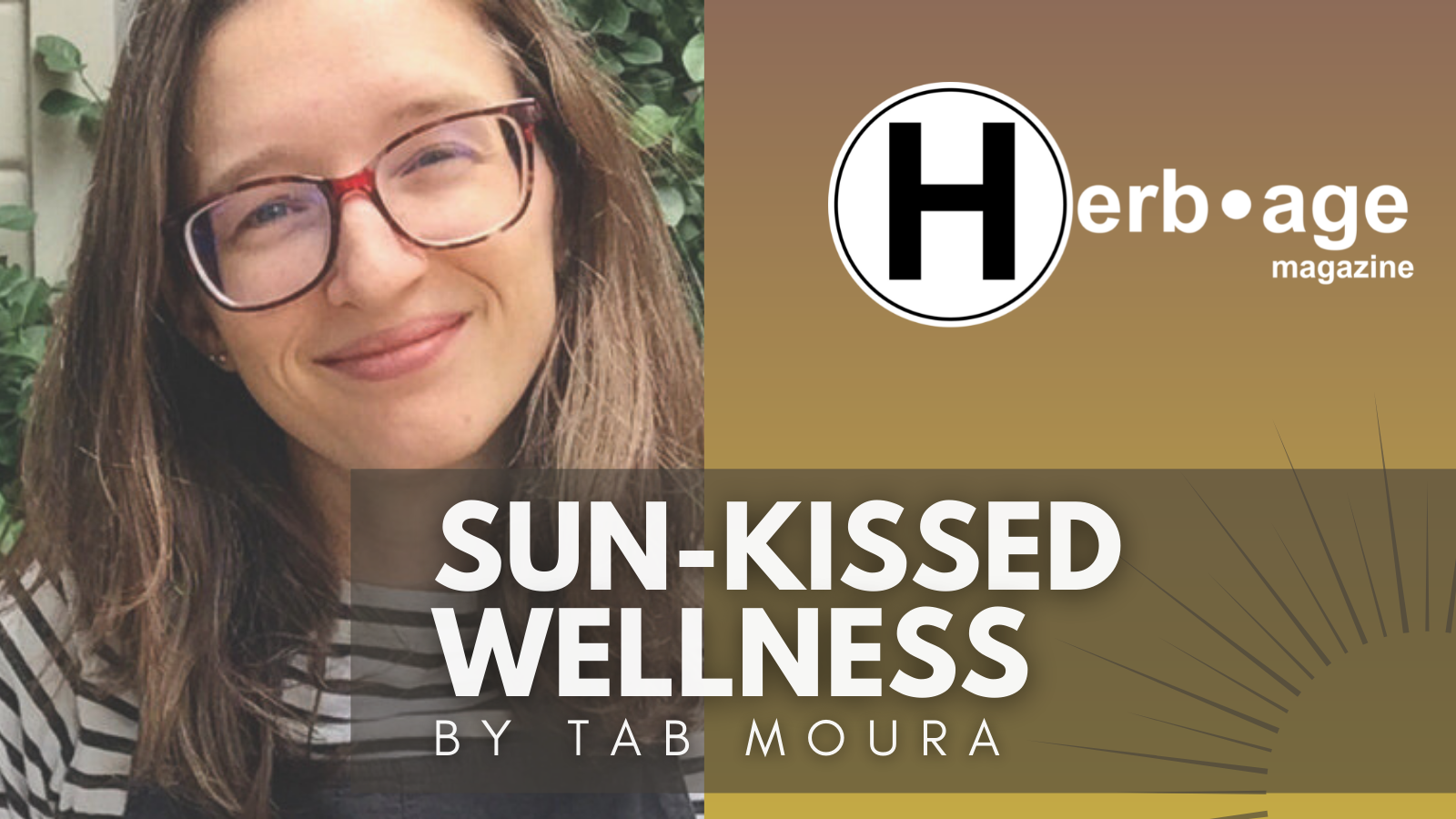by Tab Moura
As we transition into this life-giving season, I find myself pulled toward the sun like never before. There is so much in nature that we once only understood in spiritual terms until science began to explain some of the biomechanics. Not that science has succeeded in removing the spiritual component, but we as humans tend to eagerly invest in these methods with the addition of understanding how they help us. I don’t believe we have a crisis of faith on our hands, as much as we have learned to treat time as a currency. If sunshine was not beneficial, we would inevitably avoid it… because it can feel frivolous. But what if I told you that science has proven that the sun, and the nutrients we receive from it, play an enormous role in supporting our immune systems.
Now, I know this isn’t a great secret, it’s a vitamin after all, but after the year we’ve had, it feels like a very relevant conversation.
Sunlight? Sunlight.
Sunlight is crucial to things like your circadian rhythm, and other hormonal expressions in your body. Without sunlight, our bodies struggle to regulate appetite, sleep, and even the predictability of our menstrual cycles. We may be able to read a clock, but our brains and bodies need more information.

Little known fact about Vitamin D is that it’s actually a hormone that allows your body to absorb Calcium, and in safe amounts supports metabolism. It’s estimated that roughly 10% of your body’s calcium is converted with vitamin D you received from the sun, the other 90% is found in foods and supplements that we take. I don’t know about you, but I know I have room to grow in the whole vitamins department, thankfully many of these immune-boosting foods are quite tasty.
Outside of the most common cause of vitamin D deficiency (diet), another reason so many people have this deficiency is due to where we live. There are two ways this plays out, we either don’t get enough direct sun exposure due to lifestyle, or in winter when the earth has leaned away from the sun, this can lead to a deficiency. Either way, experts suggest that the average person needs to take a Vitamin D supplement in order to avoid deficiency.
But what levels are we supposed to be aiming for?
There are some general suggestions for how much Vitamin D to take, however, it’s encouraged to have your Vitamin D levels checked so you can create a supplement plan that gives you the best results. The average supplement recommendation is about 2,000ius per day, but when my vitamin D levels were in the red zone, my doctor recommended that I take 50,000ius of vitamin D a week. We monitored my rising levels from there. The recommendations can vary so much, depending on your individual health, it’s always best to check your levels if you believe you are deficient.
Some signs you may need Vitamin D:
Frequently sick/ illness flairs
Frequent infections
Slow healing
Chronic fatigue (not CFS/ME)
Achiness in bones
Depression or malaise
Low bone density
Hair loss
Muscle aches
Low metabolism
Some signs that you are retaining too much Vitamin D/Calcium include:
Hypercalcemia – excessive calcium in the blood
Impaired kidney function
Kidney stones
Brain fog
Nausea
Vomiting
Dizziness
Excessive thirst
Frequent urination
Headache
As we head deeper into Spring, I encourage you to find creative ways to take your Vitamin D levels into your own hands. Hands down, the benefits outweigh the risks, since true D deficiency is found in 40% of the population, and altogether 74% of the population has “insufficient” vitamin D levels. It is the most common deficiency found in chronic illness, making it the single most reliable supplement to recommend– period.




